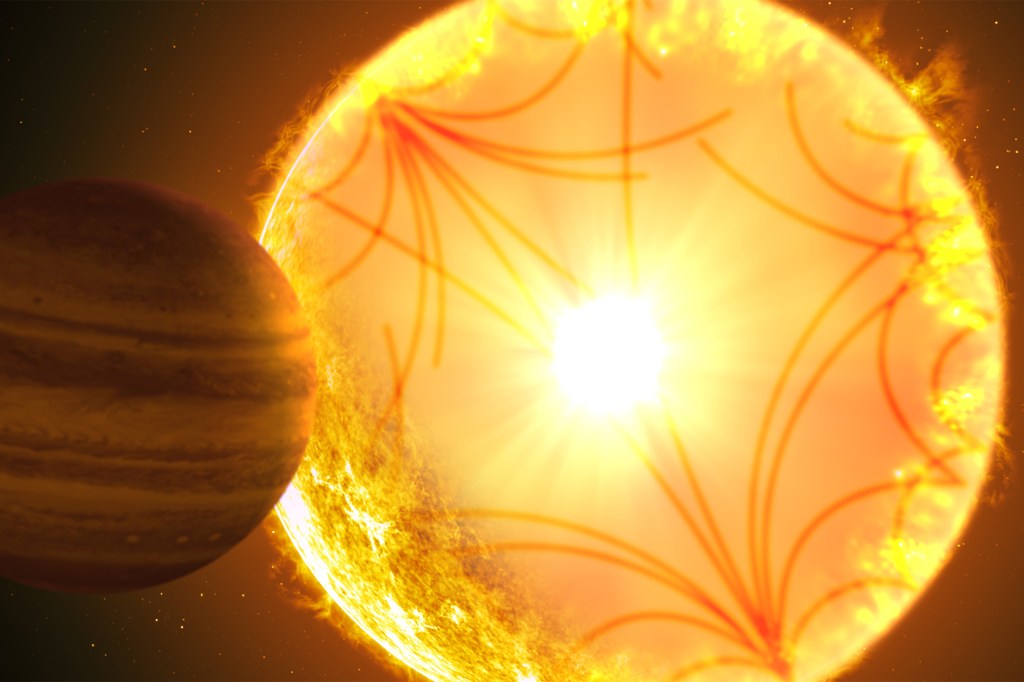Science & Tech
-

A small slice of time
An NSF project builds a special camera to shoot the night sky, light up dark matter, and map the Milky Way
-

Real reason ACL injury rate is higher for women athletes
Study finds flaw in key sports science metric

-

Can people change?
One thing is certain in the new year — we’ll evolve, with or without resolutions. In podcast, experts consider our responsibility.
-
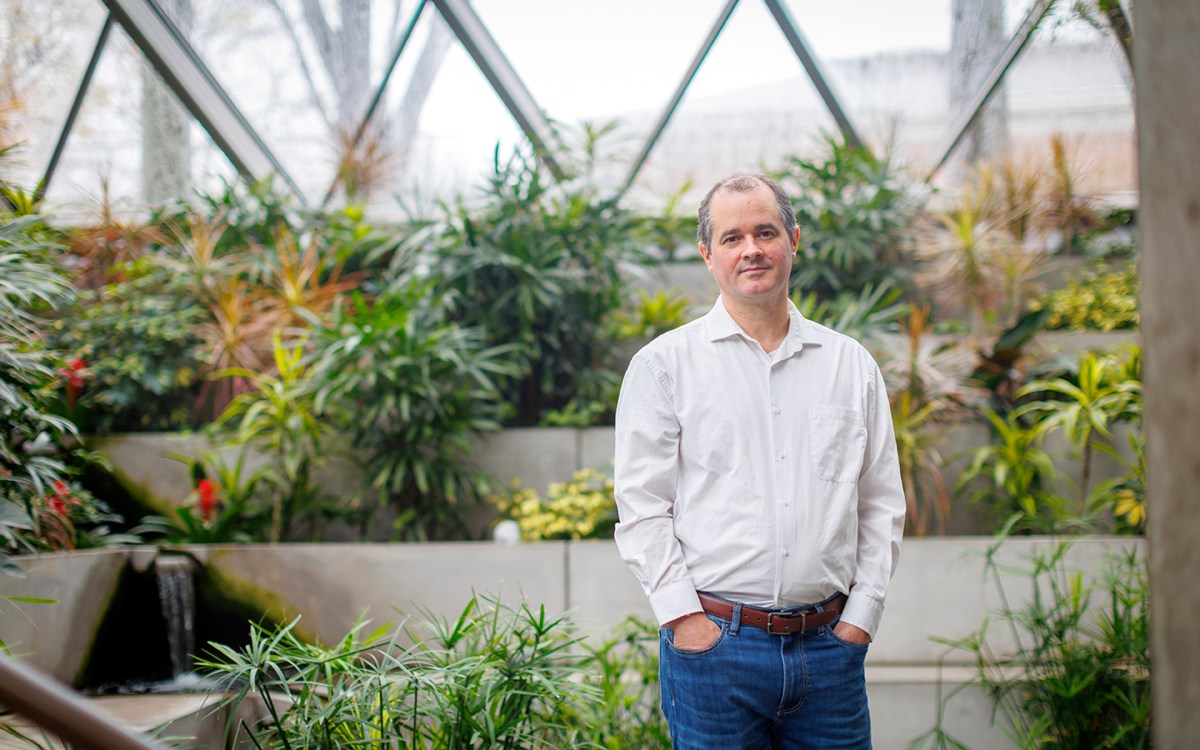
A common sense, win-win idea — and both right, left agree
Poll measures support for revenue-sharing plan on renewable energy that helps states, localities, and environment

-
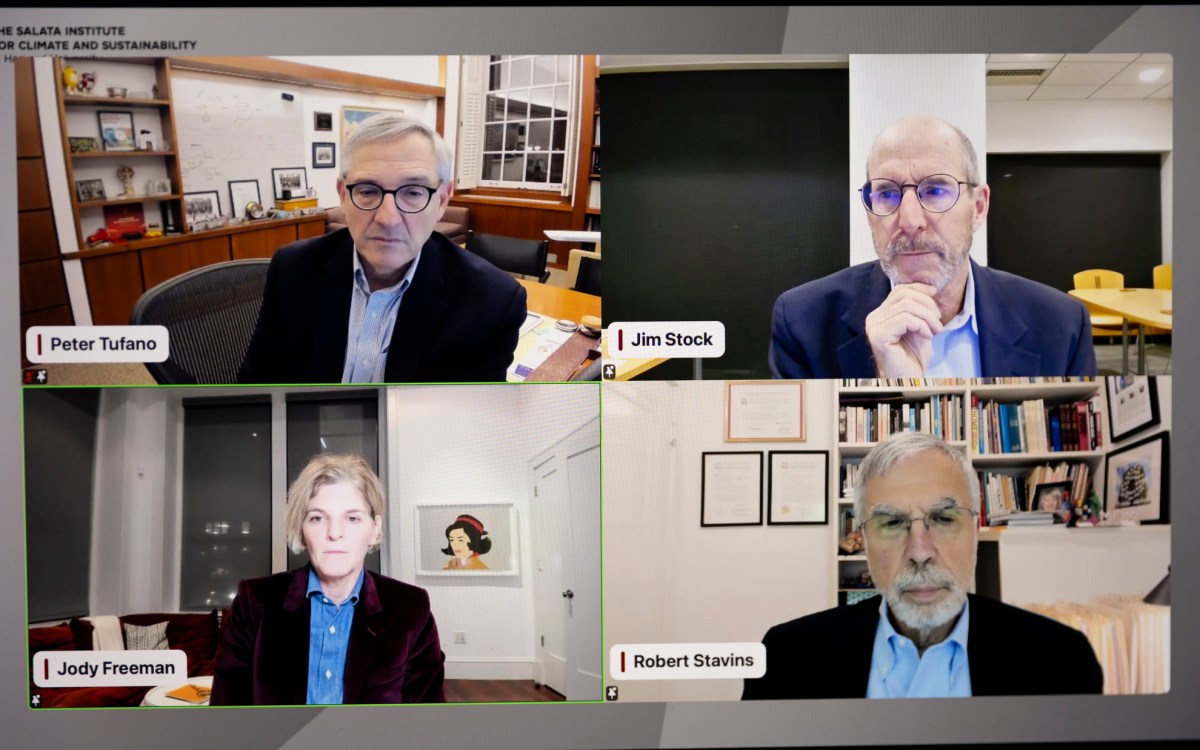
Climate change experts see dark clouds ahead
Salata Institute panelists predict legal, regulatory setbacks and areas of hope as Trump administration prepares to take over
-
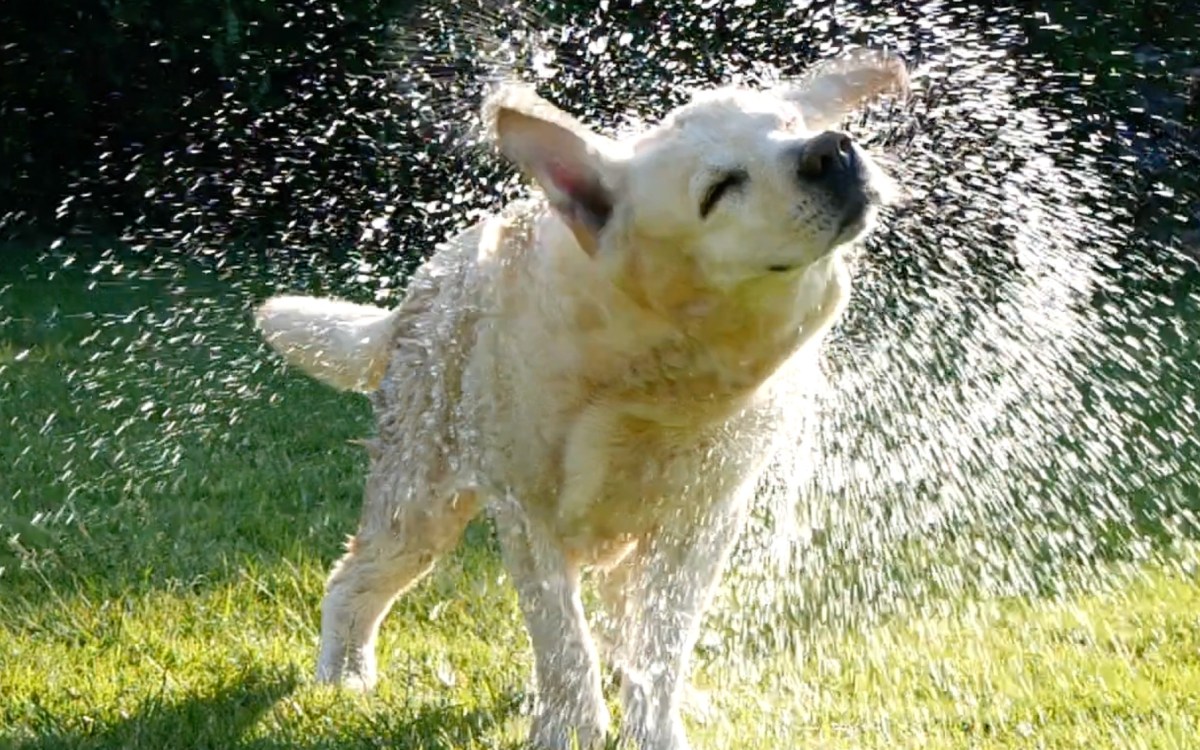
Ever wonder why your dog does this?
Study decodes neural mechanism that causes hairy mammals to shake their fur when wet

-
U.S. clean energy transition soon ‘to be on steroids’
Former Biden climate adviser Gina McCarthy brings insider’s view of status of battle against warming to Smith Center
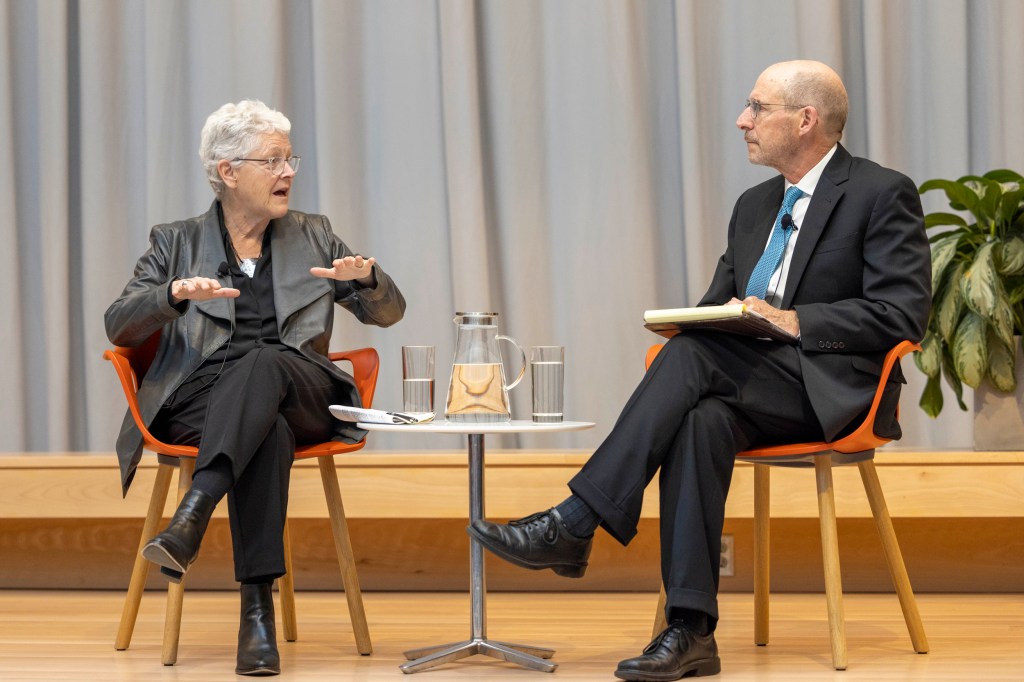
-
Did rising seas drive Vikings out of Greenland?
A new geophysical analysis helps fill gaps in an archeological puzzle: why Norse vanished in the 15th century.
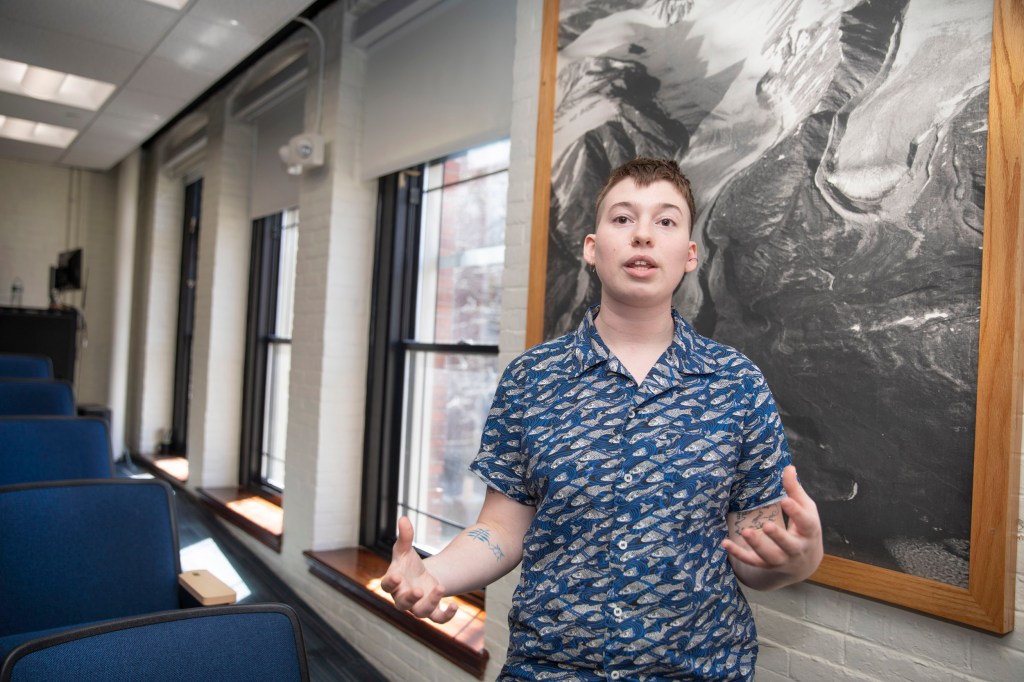
-
Oliver Stone wants you to reconsider nuclear power
In a Harvard talk following a preview of his new documentary, the director debates nuclear energy’s merits as a climate change solution.

-
‘The Last of Us,’ fruit fly edition
Postdoc Carolyn Elya sheds light on how parasitic fungus hijacks the nervous system of flies.
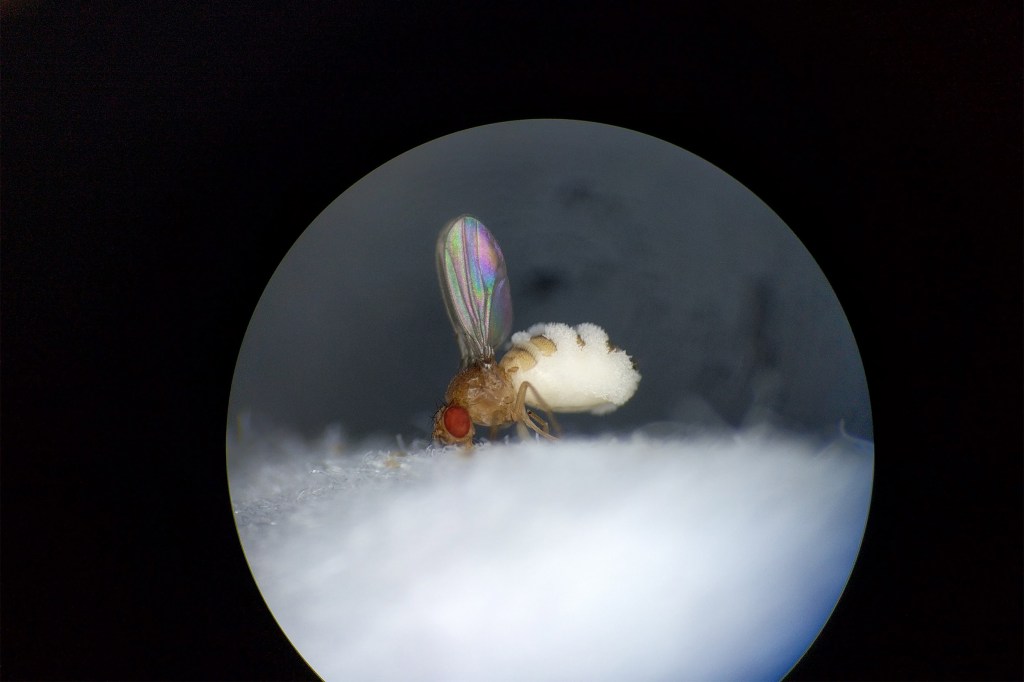
-
Desire to battle climate change rooted in childhood
Environmental science and engineering doctoral student grew up next door to family’s palm-oil refinery outside Bangkok.
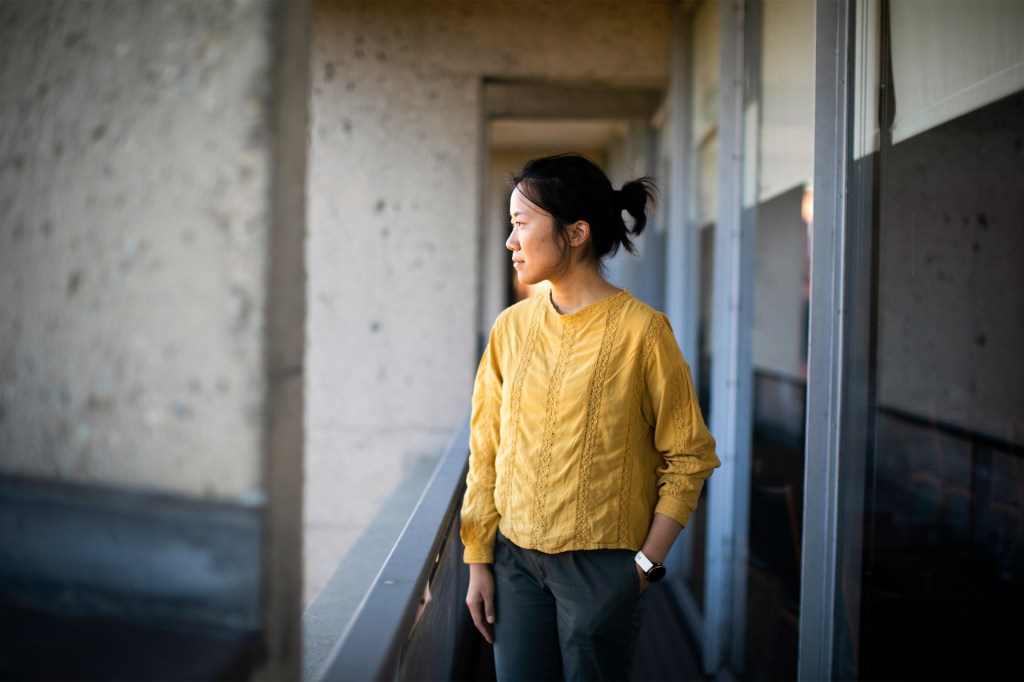
-
Taking a lesson in evolutionary adaptation from octopus, squid
Two new studies describe path of divergent sensing capabilities, tracking lineage from common ancestral neurons.
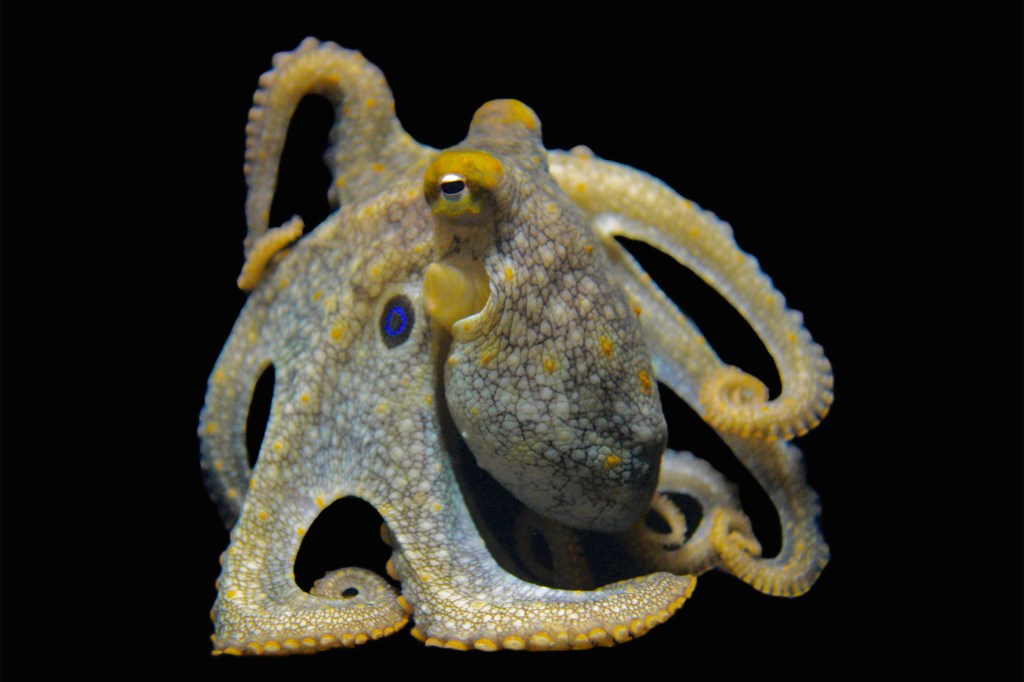
-
Buck Trible and the case of the mutant ants
Researchers have discovered a huge clue to the century-old mystery of why some ants become workers and others become queens.
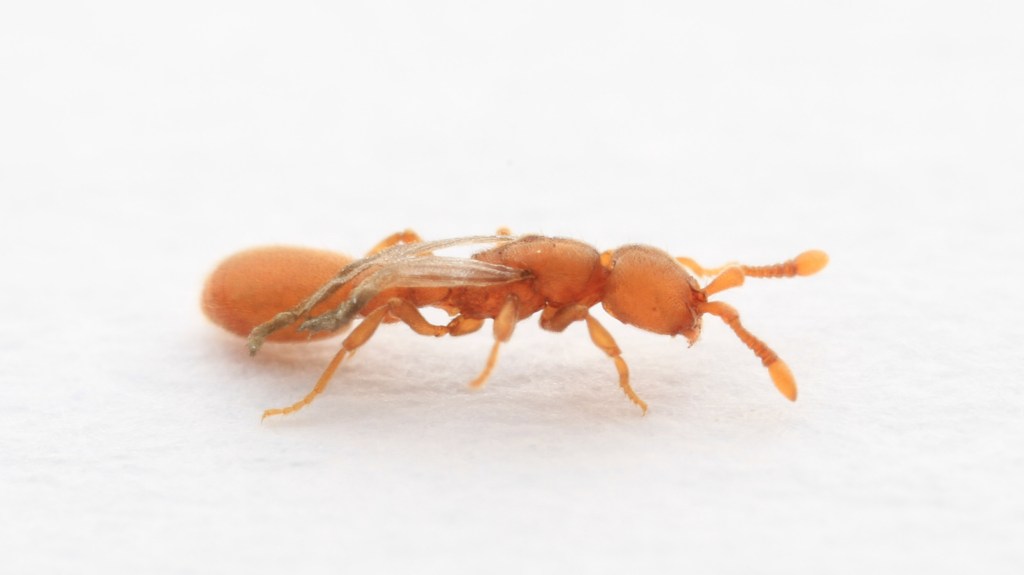
-
Buying crucial time in climate change fight
Steven Wofsy explains how the satellite will spot global sources of methane emissions, which in many cases can be halted with relatively simple fixes.
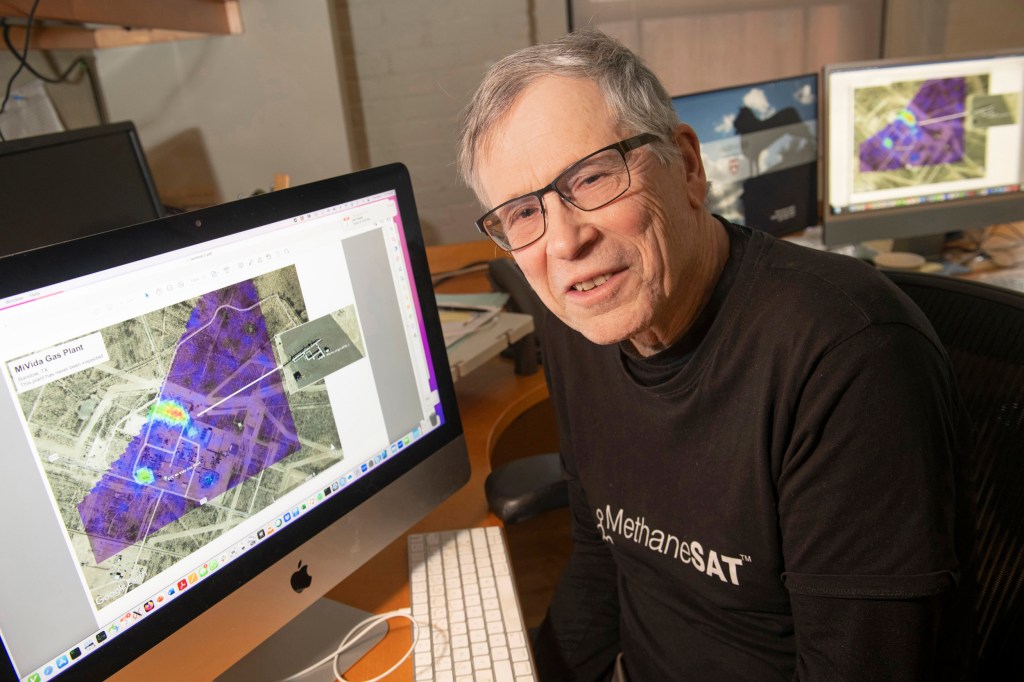
-
Racing to catalog, study deep-sea biodiversity
Researchers find five new species of hard-to-access creatures amid shortage of knowledge, concerns growing commercial interest may cause extinctions.
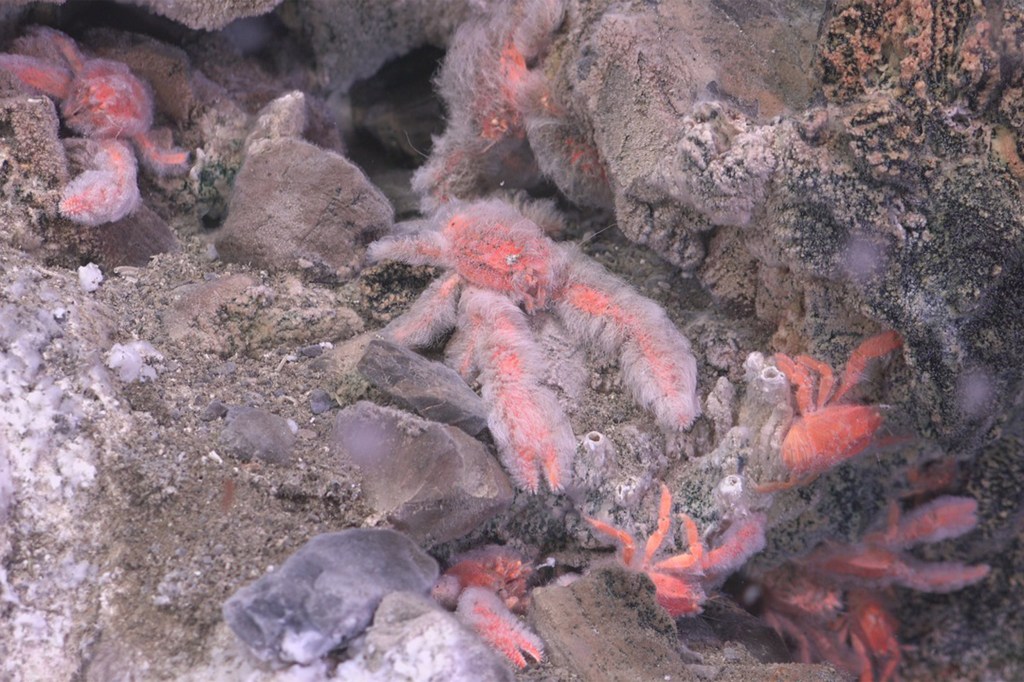
-
A 14-year incubation
Sam Wattrus ’16, Ph.D. ’22, becomes the first human developmental and regenerative biology concentrator to establish an independent research lab.
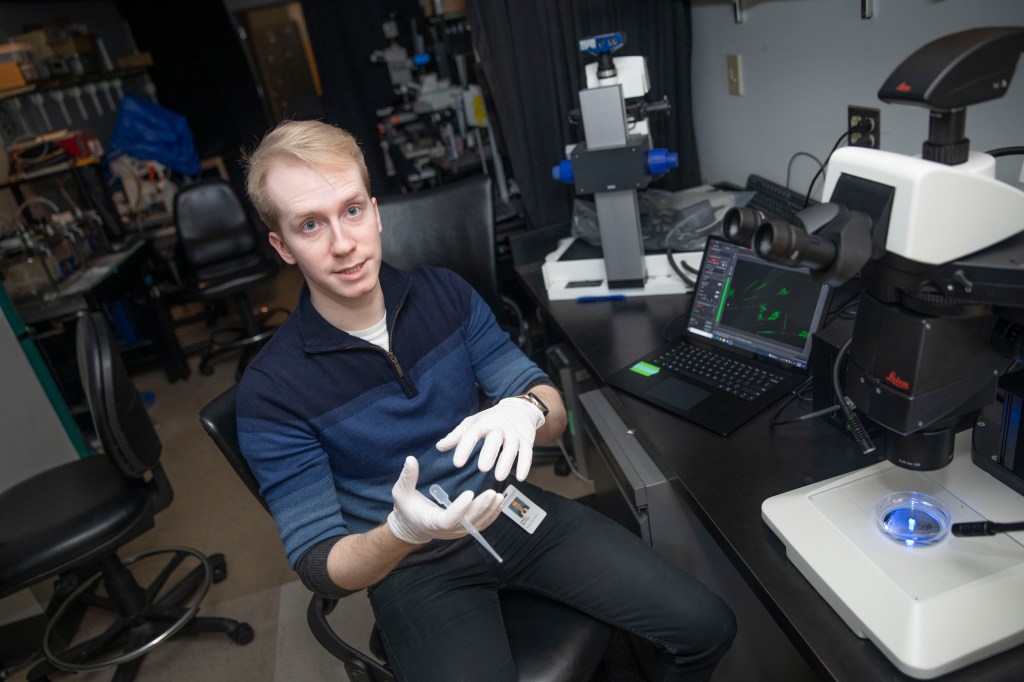
-
Why we need female mice in neuroscience research
Researchers found that female mice, despite ongoing hormonal fluctuations, exhibit exploratory behavior that is more stable than that of their male peers, countering the belief that the hormone cycle in females causes behavioral variation that could throw off results.
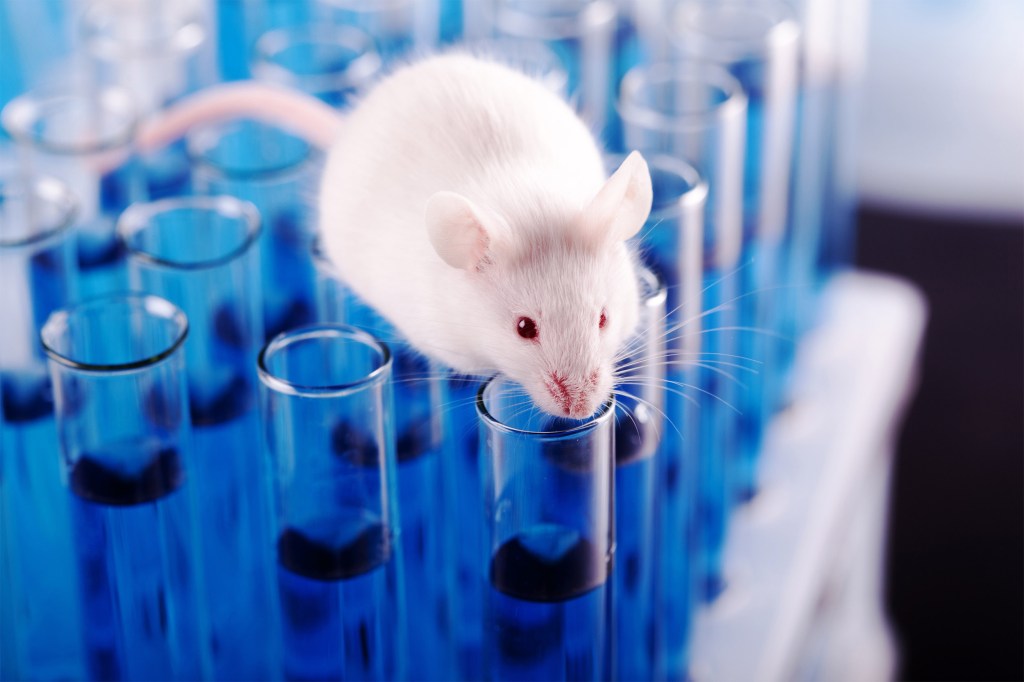
-
How does infection change social behavior?
A new study illuminates the way pathogens — and pheromones — alter social behavior in animals.
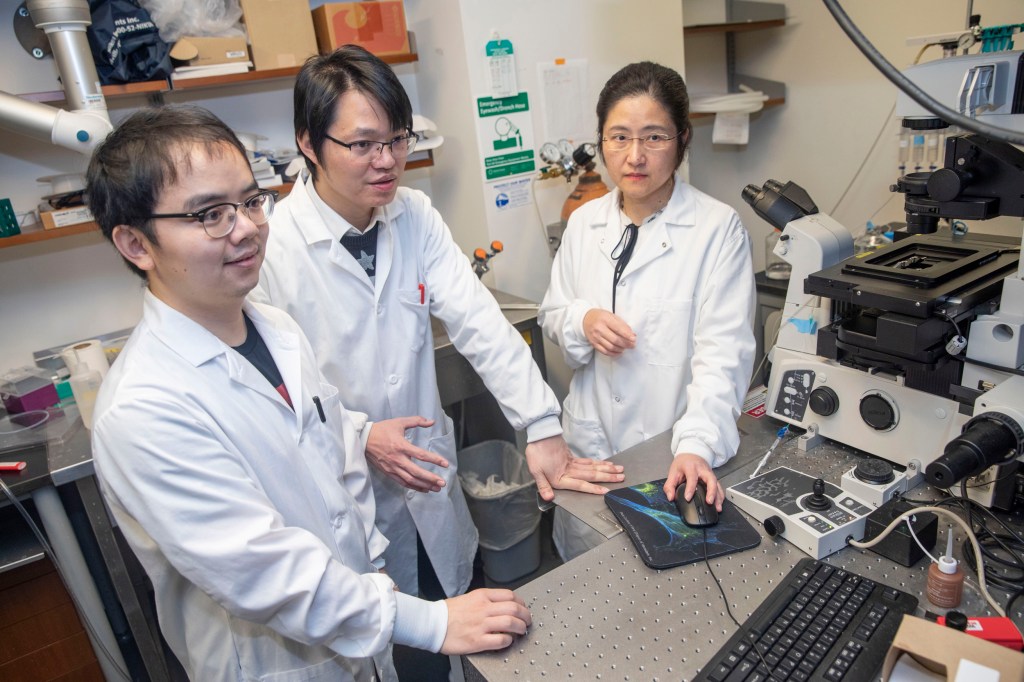
-
Seeking clues to how shifting climate may change ocean ecosystems
By studying the fossil record of one group of organisms, researchers now worry that human-driven climate change may return us to an “Earth of 8 million years ago … detrimentally restructuring the marine communities of the entire ocean.”
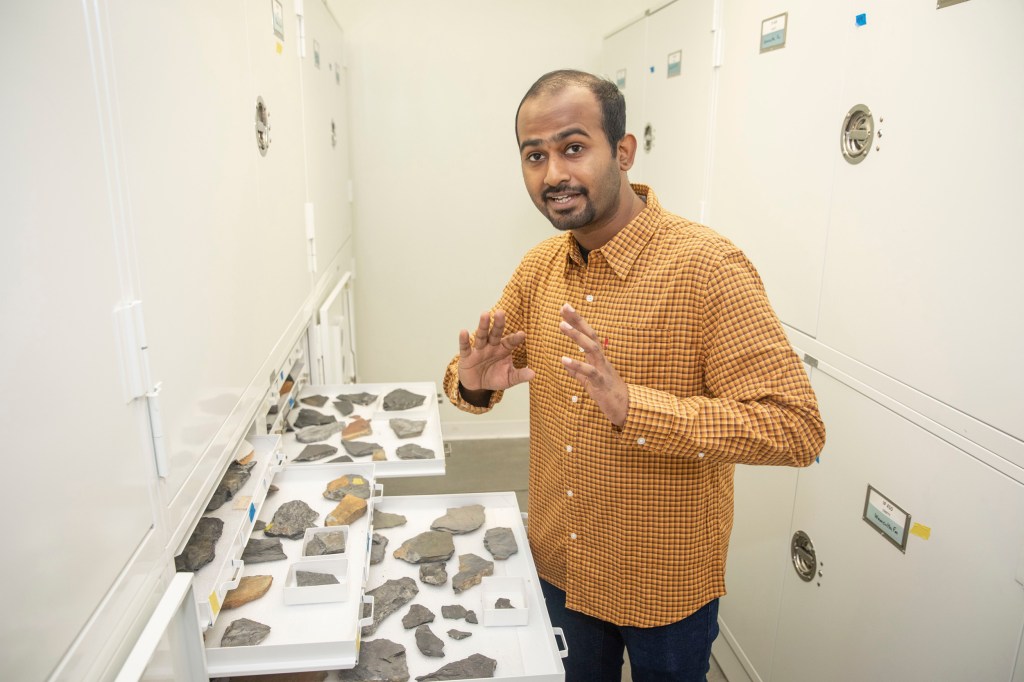
-
What Harold McGee learned after decade of sniffing durian, keyboards, outer space
Science author Harold McGee explores all things olfactory in “Nose Dive: A Field Guide to the World’s Smells.”

-
Nothing that is not there and the nothing that is
You’ll never experience a black hole, but Avi Loeb can help you imagine one

-
One small step toward understanding gravity
Quantum computing simulation reveals possible wormhole-like dynamics.
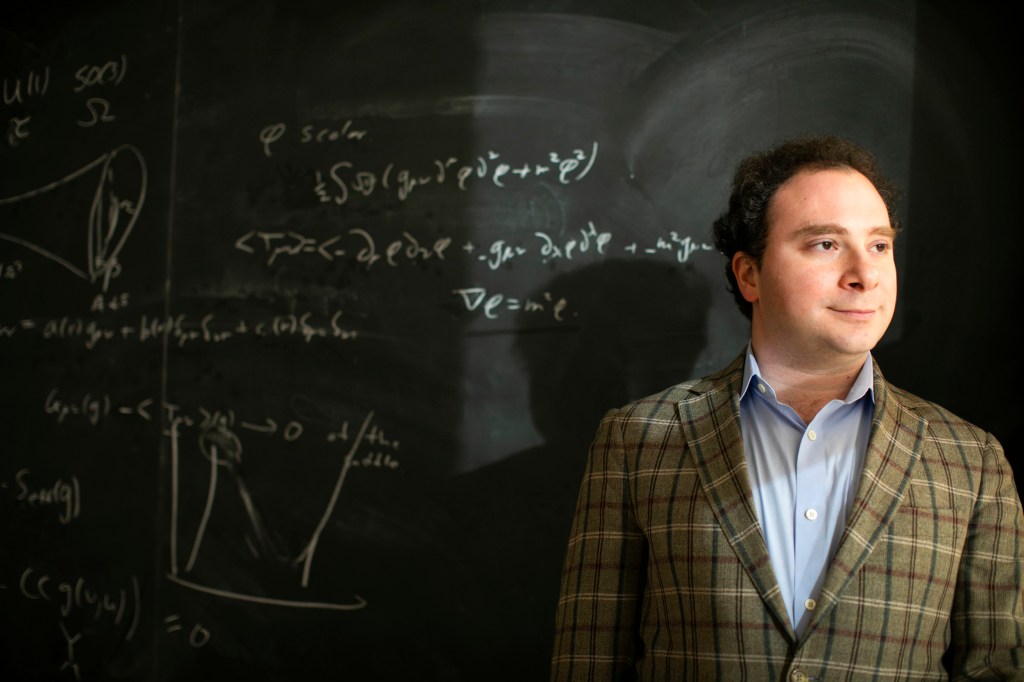
-
5 research teams win Grid funding to smooth path from lab to market
Funding aims to help researchers turn their ideas into products and services that confront real-world problems.

-
Will ChatGPT supplant us as writers, thinkers?
Psychologist says the chatbot is impressive — and may offer insights into the nature of human intelligence once it “stops making stuff up.”
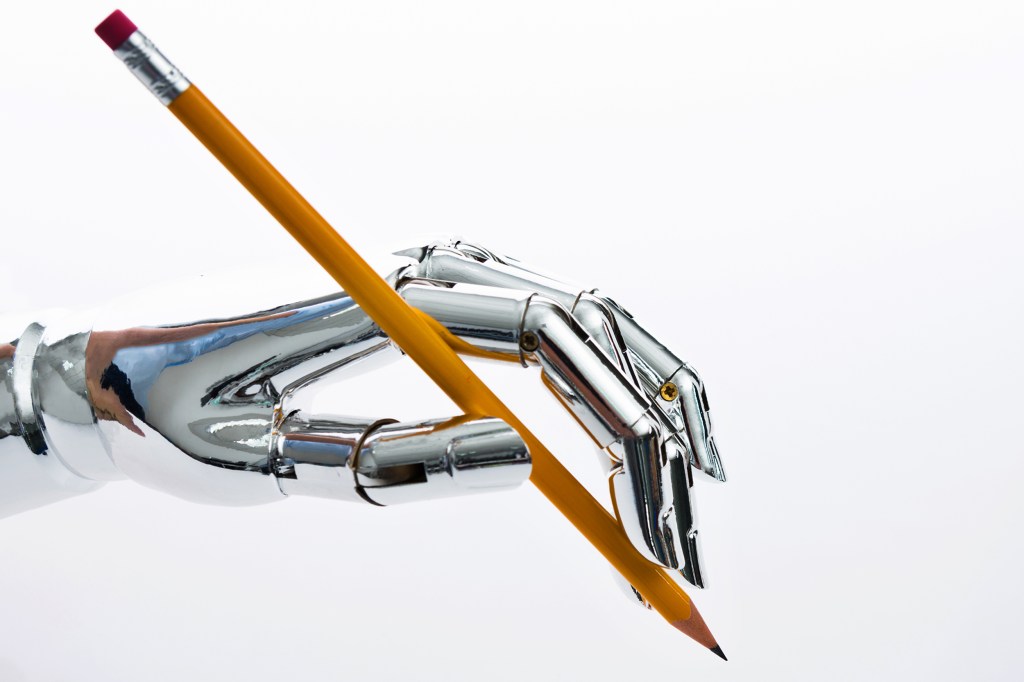
-
Combining forces to accelerate climate action here, there, now
Experts from Harvard and around the world embark on ambitious interdisciplinary projects that tackle climate change challenges head-on.
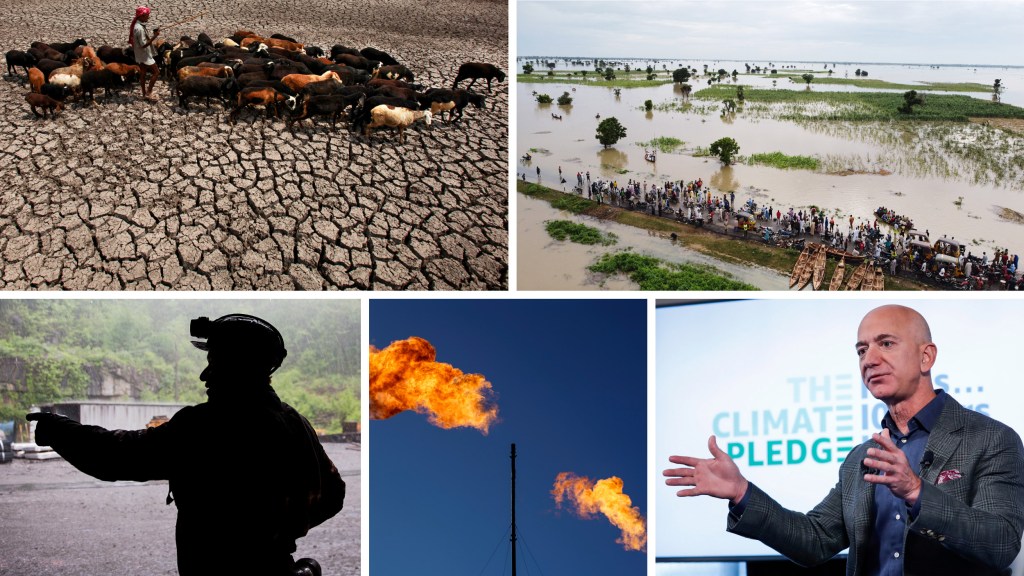
-
Can space dust slow global warming?
A new study has found that dust launched from the moon’s surface or from a space station positioned between Earth and the sun could reduce enough solar radiation to mitigate the impacts of climate change.
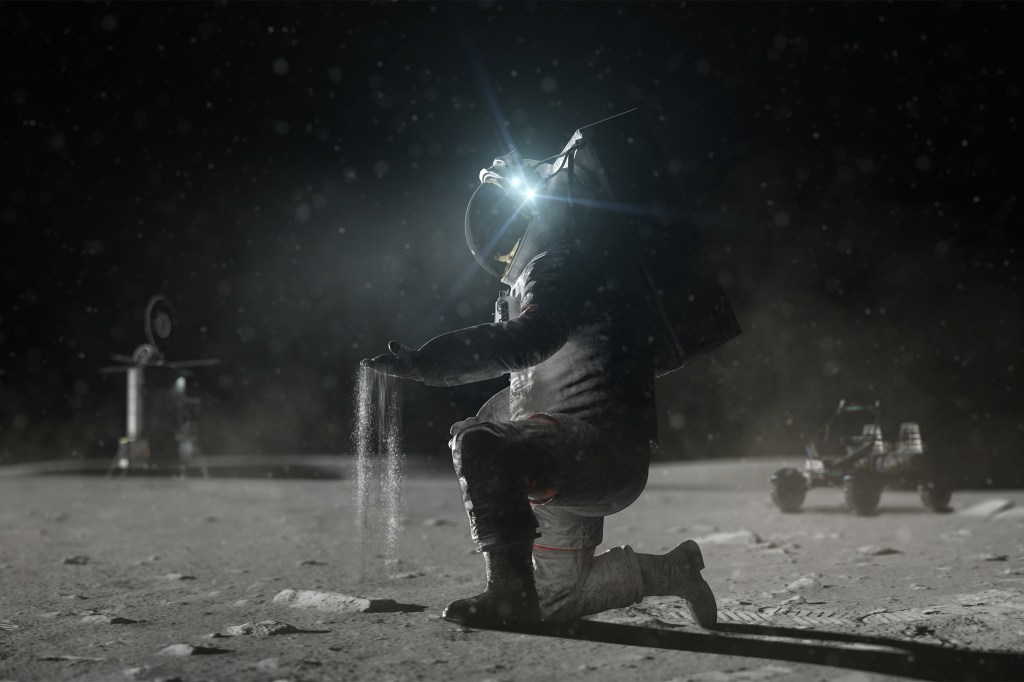
-
Which hand has the treat? Preschoolers get that, but more options confound.
Researchers uncover pattern in developmental psychology of 3-year-olds: a struggle to weigh competing options.
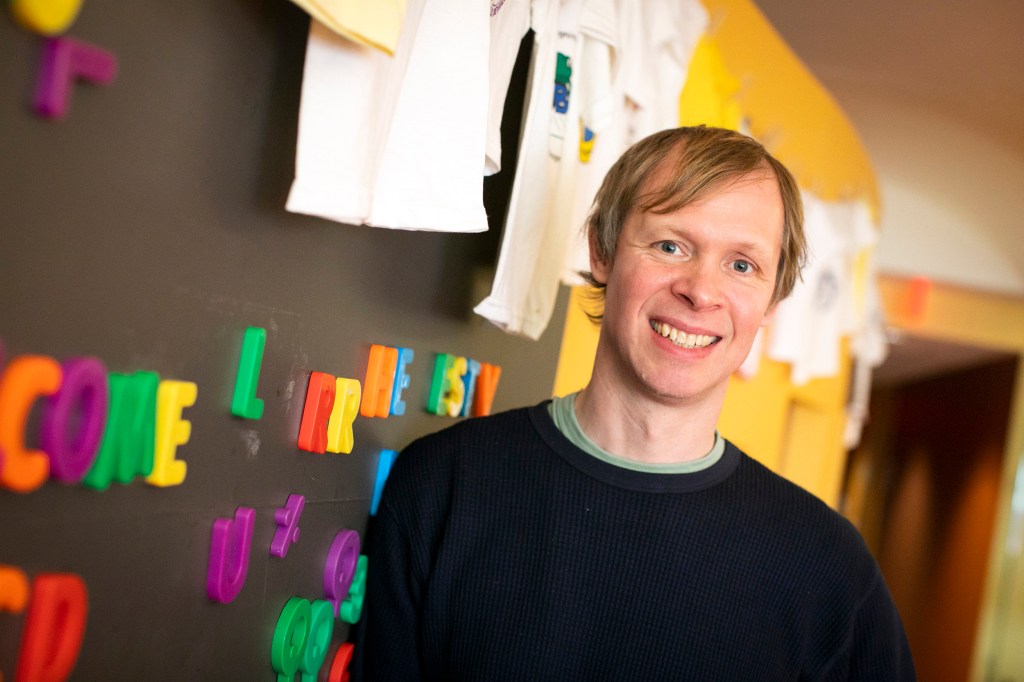
-
Why we remember — and forget. And what we can do about it
Authors Andrew Budson and Elizabeth Kensinger offer insights on how to keep both a healthy brain and a strong memory.
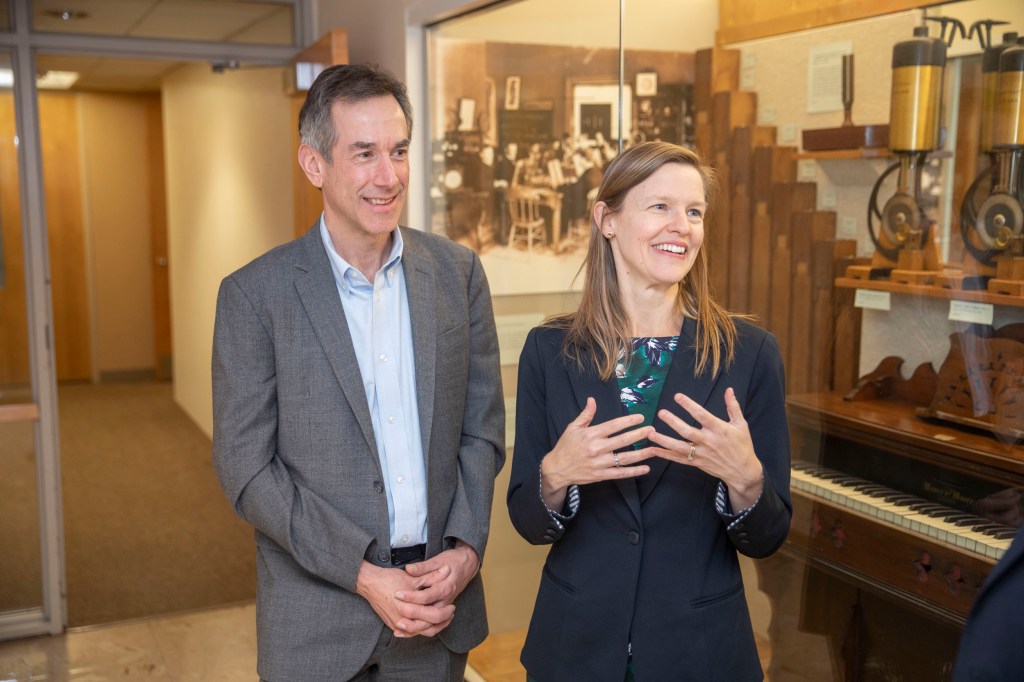
-
His dream? To see two pub regulars arguing over existence of infinity in nature
Sean Carroll’s videos explaining fundamental ideas in modern physics are becoming a book trilogy.
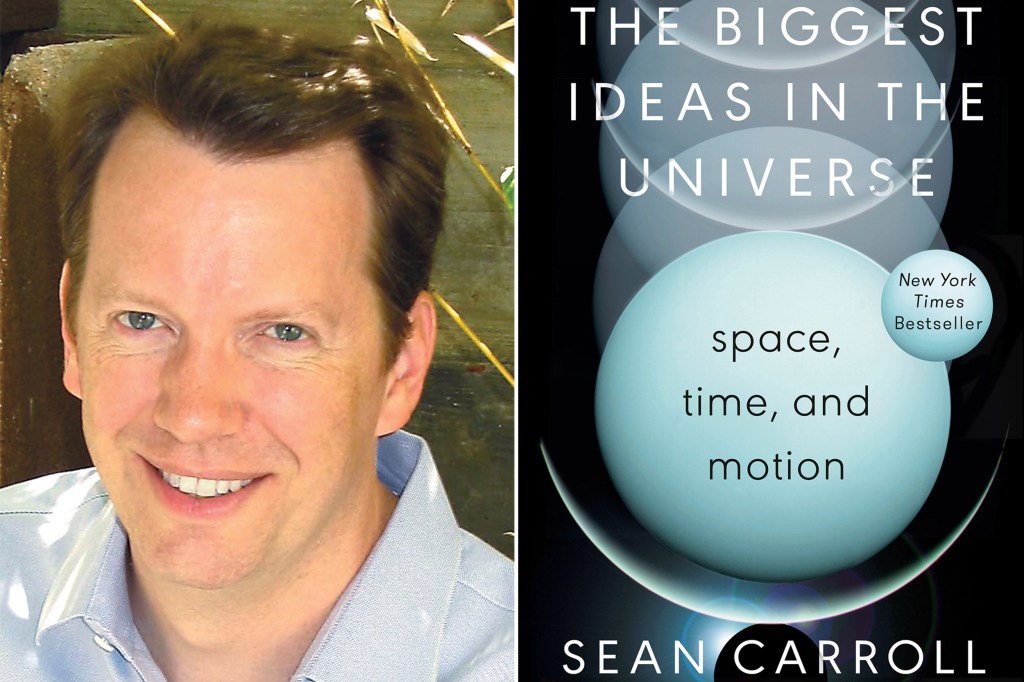
-
Why you wear what you wear
In a new study, researchers uncover personality traits behind people’s preferences when making fashion decisions.
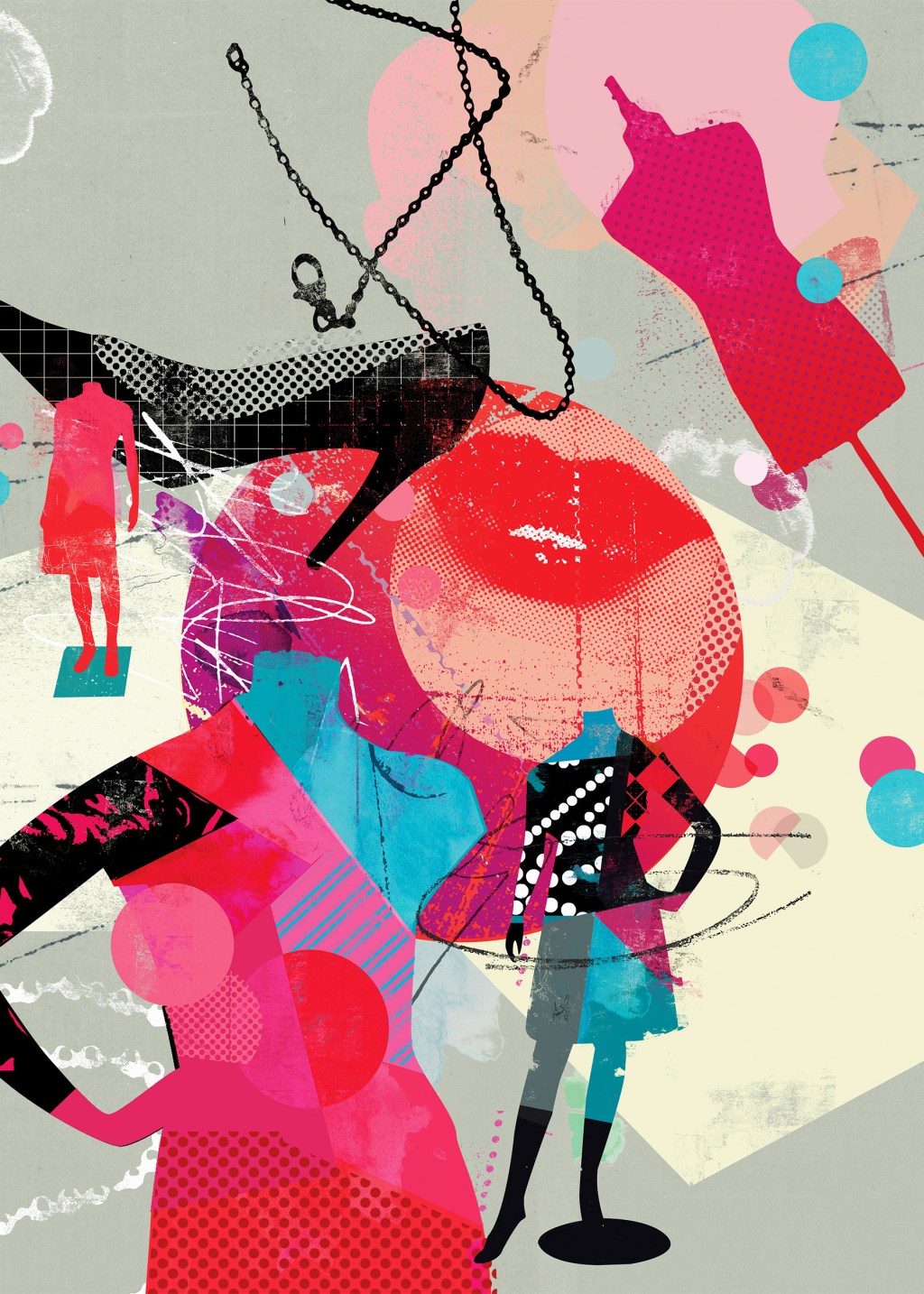
-
An evangelist of physics
Australian physicist demystifies the experimental side of the field and recalls forgotten pioneers.
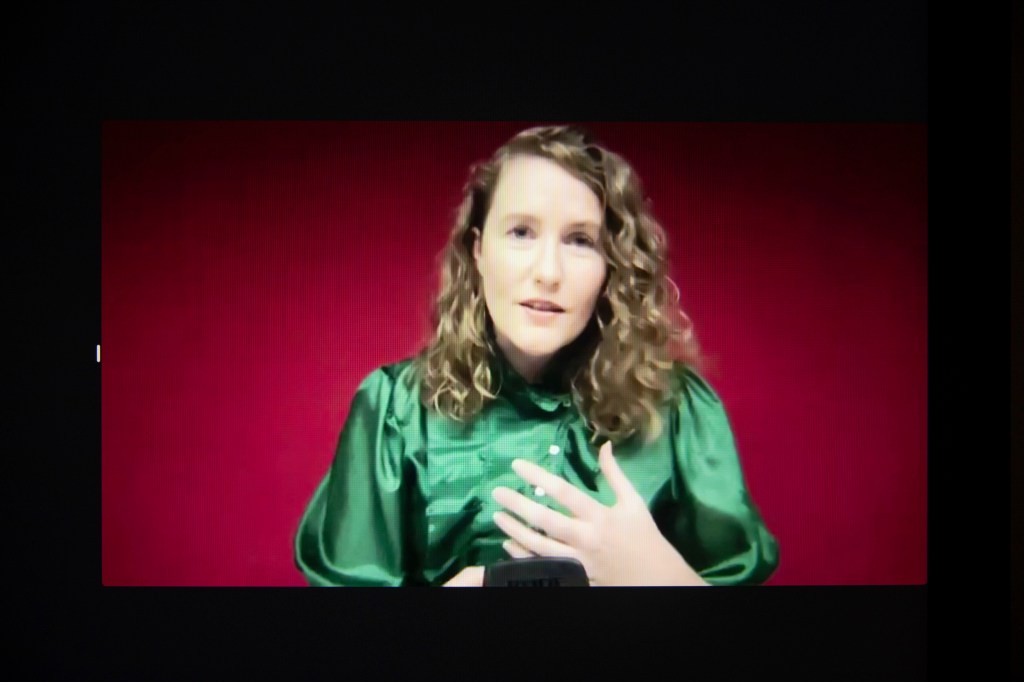
-
Fresh insights into inflammation, aging brains
Harvard scientists’ research on mice suggests chain reaction may be involved in the brain’s aging process.
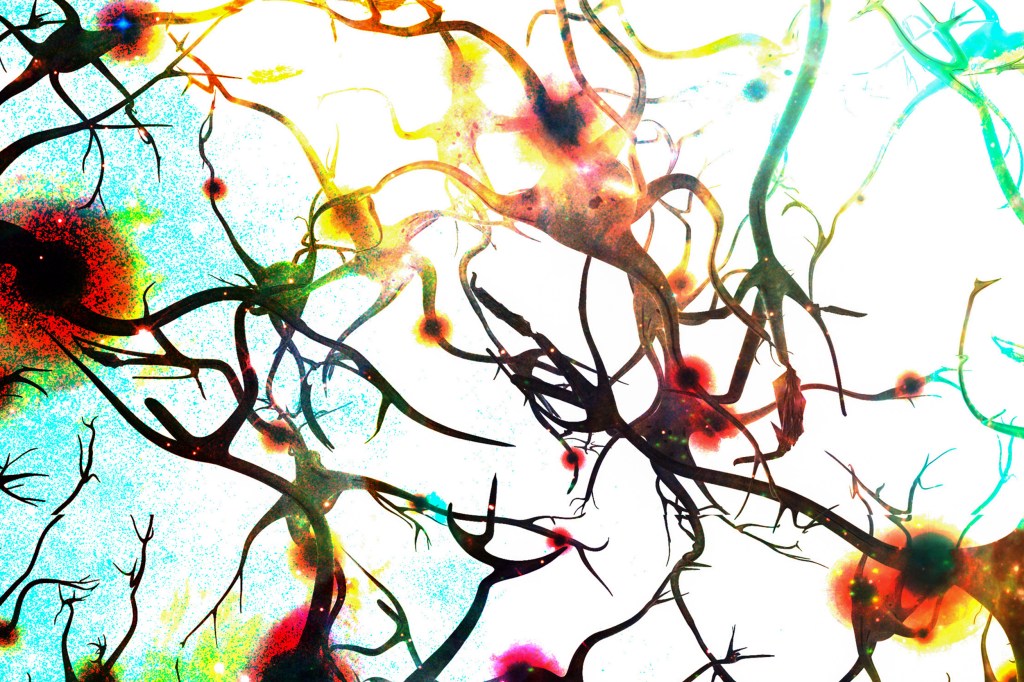
-
Exxon disputed climate findings for years. Its scientists knew better.
In the study, scientists showed how the multinational energy giant worked to cloud the issue.

-
‘The code word … is interoperability’
The International Image Interoperability Framework makes online access as good as, or better than, physical interaction with library collections.
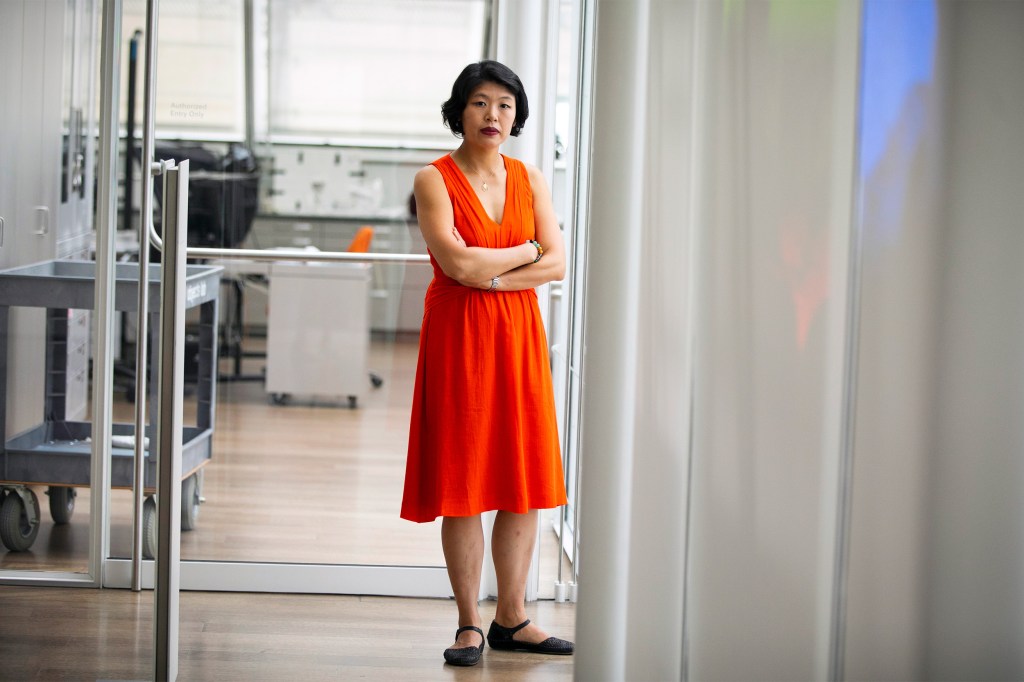
-
What we learned
Highlights from another year of discovery at Harvard, where inquiring minds are the norm.
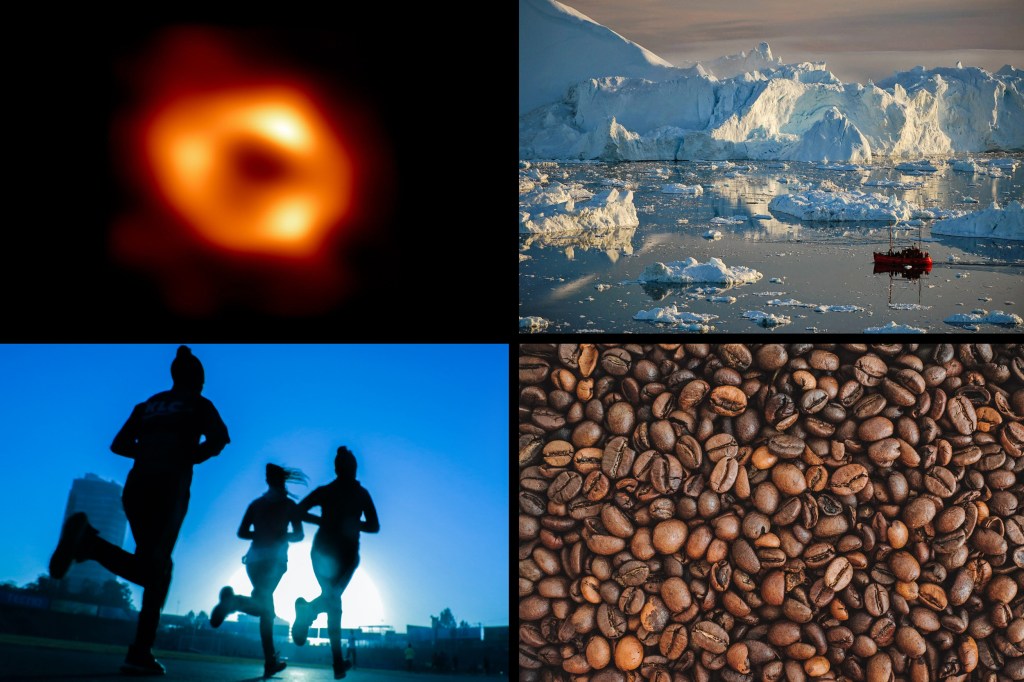
-
Doomed exoplanet spiraling toward obliteration
For the first time, astronomers have spotted an exoplanet whose orbit is decaying around an evolved, or older, host star.
